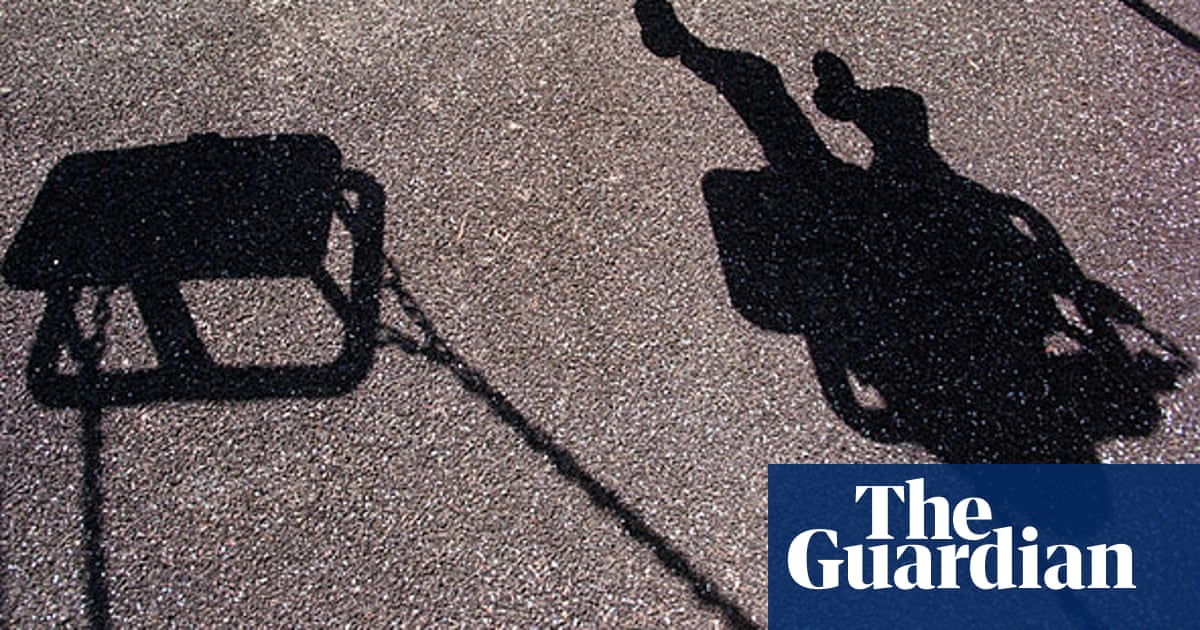
Children who grow up in neglectful or abusive environments are safer attending school than being educated at home, according to a review of serious safeguarding failures in England in which six children died and 35 were harmed in one year.
The report, by the Child Safeguarding Practice Review Panel, emphasised that while home education was not a safeguarding risk, it found that vulnerable children were “less visible” to safeguarding agencies than those regularly in school.
Annie Hudson, chair of the panel, said: “While most children who are home educated have happy and safe lives, it is crucial that, where and when children are at risk of harm, they are afforded the very best protection.
“Our analysis looks at the lives of 41 children who were subjected to horrific, and sometimes fatal, abuse while they were being electively home educated. It seeks to raise awareness and understanding of the risk of harm factors so professionals can better provide children at risk with the help and protection they need.
“Our findings show that children who are educated at home and where there is a risk of abuse and neglect, may not be visible to safeguarding agencies and cannot access the potential protective benefits that school may provide.”
The panel looked at reviews of serious safeguarding failures in 2020-21, and identified 27 cases involving 41 children in England not attending school who were subjected to sexual abuse, physical abuse and neglect.
Six of the children died as a result, including three who died by suicide. One child died owing to an undiagnosed eating disorder, one from undiagnosed leukaemia and one from stabbing.
The panel’s briefing paper states: “While the number of electively home educated children who are harmed or are at risk of serious harm is comparatively low, the protective factor that school can offer was missing from their lives and this had serious, and sometimes fatal, consequences for their safety and welfare.”
Of the 41 children, 21 had never attended school and only 17 were known to children’s services at the time. A total of 29 were seen as being home educated, while six children appeared to be missing from education and the remaining six lacked enough information to classify.
There is no legal obligation for parents in England to inform a local authority that their child is being educated at home.
The panel said its investigation followed increases in the number of children being home educated after the pandemic-era lockdowns.
The Department for Education’s data shows the number of school-age children being home educated increased from under 81,000 in autumn 2022 to 92,000 in autumn 2023. In 2021-22 there were eight safeguarding reviews involving children being home educated, and 15 in 2022-23.
after newsletter promotion
Heather Sandy of the Association of Directors of Children’s Services said: “We recognise that parents have the right to educate their children at home. However, local authorities must be given the powers to match their responsibilities to assure themselves that children are safe and receiving a good education. This must also be met with adequate funding to allow us to carry out our statutory duties.”
The panel said it backed the creation of a national register of children who are being electively home educated, which has been urged by Rachel de Souza, the children’s commissioner for England.
A Department for Education said: “Local authorities have a legal duty to safeguard children in their areas, regardless of how they are educated, and we expect them to use their safeguarding powers when warranted.
“We support parents who choose to home educate, providing that education is safe and suitable, and are working closely with Flick Drummond MP on a new law that will mean councils must maintain children not-in-school registers.”
In the UK, Samaritans can be contacted on 116 123 and the domestic abuse helpline is 0808 2000 247. In Australia, the crisis support service Lifeline is on 13 11 14 and the national family violence counselling service is on 1800 737 732. In the US, the suicide prevention lifeline is 1-800-273-8255 and the domestic violence hotline is 1-800-799-SAFE (7233). Other international helplines can be found via www.befrienders.org




